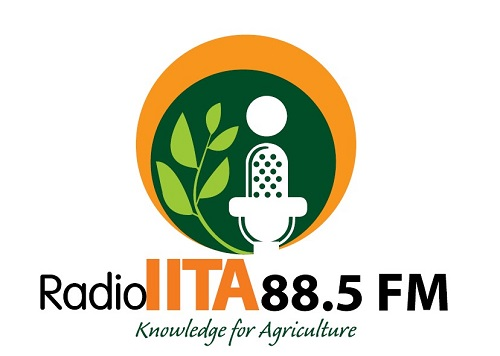In a concerted effort to enhance collaboration and alignment within the agricultural research community, the International Institute of Tropical Agriculture (IITA) recently hosted the Roots, Tubers, and Bananas (RTB) breeding network meeting at its headquarters in Ibadan, Nigeria. This gathering brought together representatives from various national systems, research institutions, and organizations, including the International Potato Center (CIP), to explore partnerships and strategies to enhance crop breeding efforts across Africa.
Root and tuber crops, including banana, cassava, potato, sweet potato, and yam, are crucial in ensuring food security for millions across the African continent. Recognizing their significance, stakeholders from Benin, Burundi, DR Congo, Ethiopia, Ghana, Mozambique, Nigeria, Tanzania, and Uganda convened to strategize on improving crop productivity and resilience to benefit farmers and communities.
For over a decade, RTB research has been instrumental in developing modern and efficient breeding systems, resulting in superior crop varieties and seed systems that have significantly impacted food and nutrition security and poverty alleviation. These staple crops provide a substantial portion of the total caloric intake in various African countries, underscoring their importance in local diets and economies.
During the meeting, discussions centered on defining breeding networks, enhancing coordination, and formalizing roles within the collaborative framework. The Director General of IITA, and CGIAR Regional Director for continental Africa, Simeon Ehui, reiterated the institute’s commitment to transforming African food systems through multidisciplinary expert networks and strong partnerships. Emphasizing agriculture’s evolving challenges, he stressed the need for research to adapt to changing patterns.
Similarly, the Director General of the International Potato Center (CIP), Dr. Simon Heck, highlighted the escalating significance of root and tuber crops in global food security. As these crops assume a progressively pivotal role in food systems, concerted actions are imperative for their advancement and utilization.
Throughout the meeting, participants engaged in plenary sessions to address opportunities, limitations, and contextual factors influencing RTB’s work. Solutions to identified challenges included utilizing shared services, network reporting, and management. It was underscored that Africa’s agriculture requires a systematic approach to scaling technologies with high potential, necessitating collaboration among researchers despite diverse national contexts.
In conclusion, the RTB breeding network meeting at IITA signifies a crucial step towards strengthening collaboration and alignment within the agricultural research community. By fostering partnerships and implementing strategic initiatives, stakeholders aim to drive impactful research and innovation in crop improvement to benefit farmers and communities across Africa.
Contributed by Anuoluwapo Oyeleye



